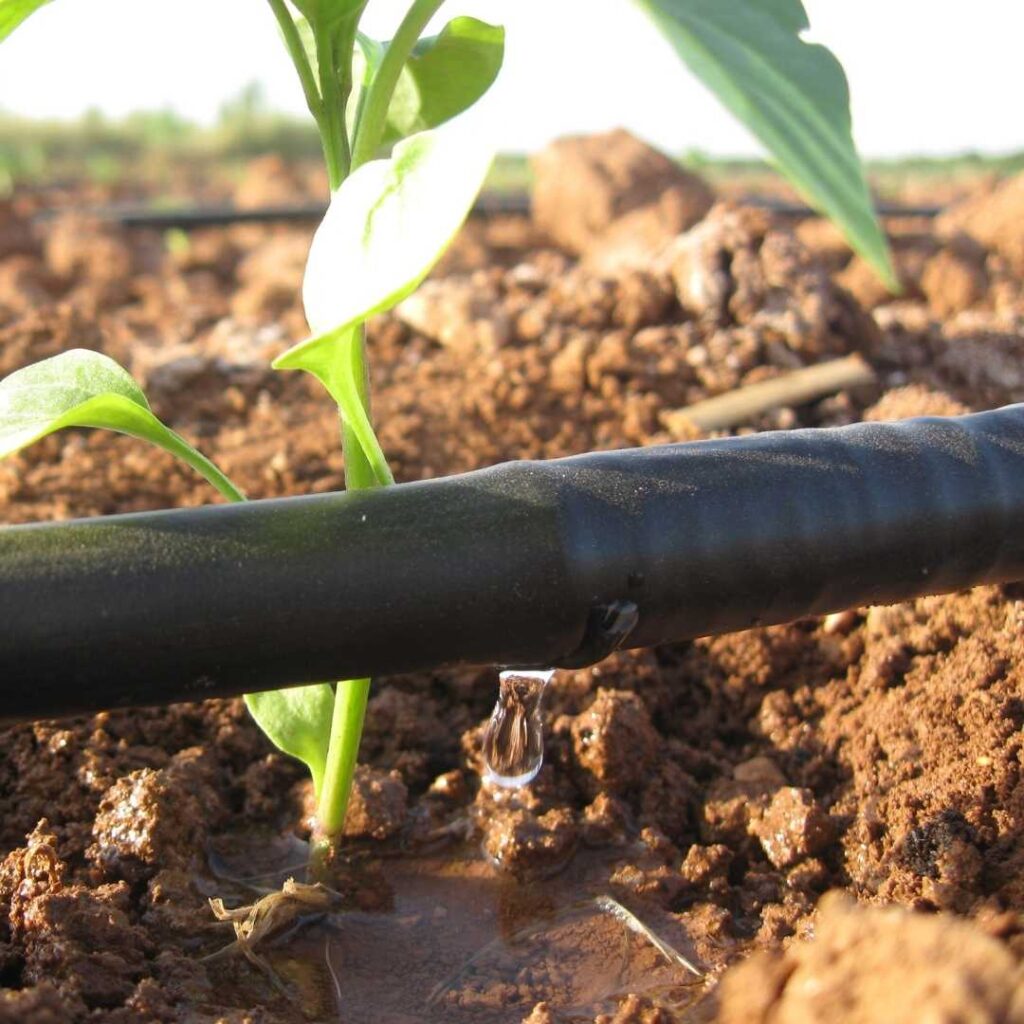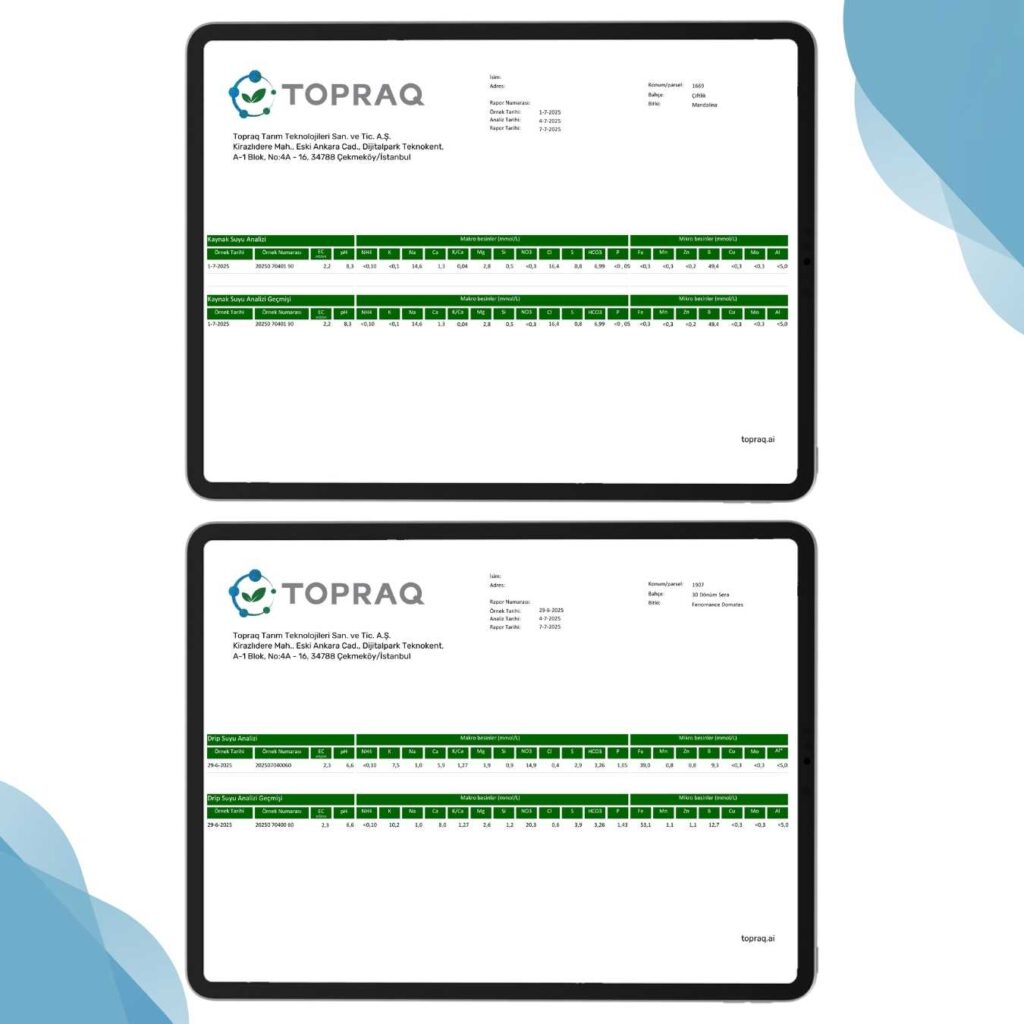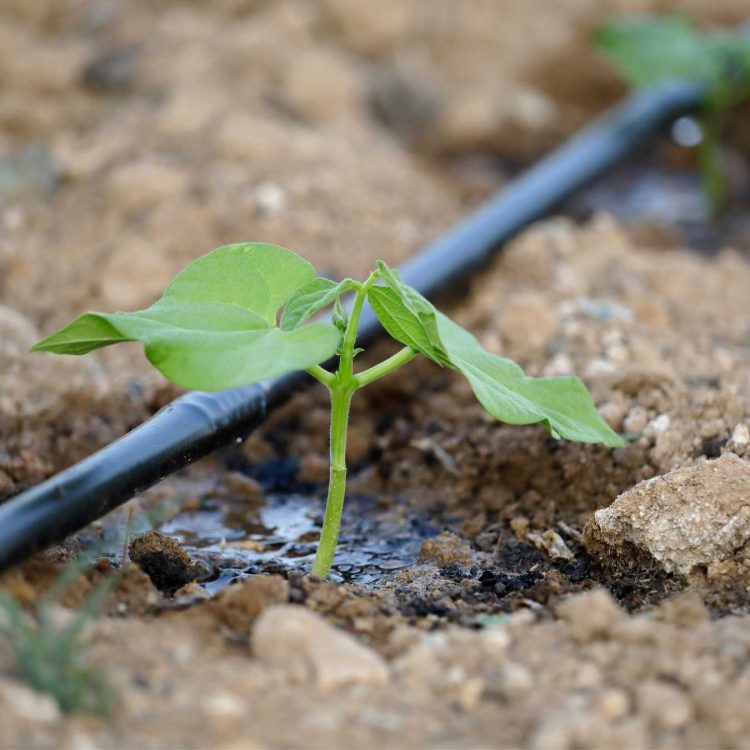Water Analysis
Proper Water for Agriculture,
Healthy Plants for a Thriving Future

Why Should You Get a Water Analysis?
- A water analysis helps optimize fertilization by identifying the nutrient content of your irrigation water.
- It allows you to evaluate the risk of soil salinity caused by high levels of dissolved salts.
- Detects potentially harmful levels of elements such as boron, sodium, and chloride, helping prevent toxicity in plants and soil.
- By measuring pH and electrical conductivity (EC) values, you gain insights into the overall water quality.
What Do We Measure in a Water Analysis?
- - The pH level is measured to determine whether the irrigation water is acidic or alkaline.
- - Electrical conductivity (EC) is tested to assess the total concentration of dissolved salts, which directly impacts irrigation water quality.
- - The analysis identifies macro and micronutrients, which are essential for maintaining healthy soil and supporting optimal plant growth.
- - Bicarbonate (HCO₃) levels are measured to evaluate the water’s alkalinity and potential to affect soil pH balance.
- - The Sodium Adsorption Ratio (SAR) is calculated to understand the risk of sodium buildup in the soil.
- - Residual Sodium Carbonate (RSC) is analyzed to detect the potential hazard of excess sodium and carbonate ions in the soil.
- - The test determines the total salinity of the water, offering insights into overall water quality analysis.
- - The presence of heavy metals is checked to ensure the water is free from toxic contaminants that could harm crops or degrade soil health.

Our Agronomists guide you during the sampling process.
The sample is delivered to our water analysis laboratory.
A complete analysis
of water is conducted.
Results are compiled
into a detailed report.

Benefits of Water Analysis
- Accurate Fertilization: By analyzing the ionic content of irrigation water, fertilizer applications can be tailored to actual plant needs, reducing unnecessary inputs.
- Soil & Plant Health Protection: Excess salinity, high sodium levels, and other values exceeding plant tolerance thresholds are identified, allowing to take timely action.
- Yield & Quaity Increase Optimized fertilization and proper water use help plants absorb nutrients more effectively, boosting both yield and quality.
- Efficient Water Management Monitoring water pH, EC, and ion composition helps you use water sources more sustainably.
- Integrated Crop Management: When evaluated alongside soil and sap analysis, irrigation water quality analysis supports holistic agricultural decisions.
I want to get a water analysis – where should I start?
If you’re saying, “I want a water analysis test,” you’re on the right track. Understanding the irrigation water quality is essential for sustainable farming. Our agricultural water analysis service provides a detailed report covering pH, EC, salinity, sodium, boron, and more. This helps you make informed fertilization and irrigation decisions.
What is a water analysis?
A water analysis is the process of determining the chemical and physical properties of water, typically performed in a water analysis lab. In agriculture, irrigation water analysis is crucial to understand how water affects soil health and plant development.
How is water analysis done?
First, a water sample is collected in a clean, sealed container and sent to a water analysis laboratory. There, advanced water analysis equipment and methods are used to test pH, EC, salinity, sodium, boron, and other parameters. The data is compiled into a detailed report for farmers.
How is well water analysis performed?
Well water analysis should be done while the well is actively pumping. A sample is collected in a sterile, sealed container and sent for lab testing. This helps assess potential issues like high salinity or toxic elements that may affect crops. For field farmers, a well water analysis kit may assist with initial tests, but lab analysis remains essential.
Where can I get a water analysis near me?
We offer reliable water analysis near you through our water analysis service and expert agronomist team. You can contact us to arrange water sampling and receive expert consultation. We use professional and certified water analysis labs to ensure accurate results.
Can I use a water analysis kit at home?
Yes, basic water analysis test kits or well water analysis kits can measure pH and EC at home. However, for a complete and reliable irrigation water quality analysis, especially in agriculture, we recommend lab testing with professional water analysis equipment.
Why is irrigation water analysis important in farming?
Water analysis for irrigation helps determine if water quality supports optimal plant growth. Parameters like sodium, boron, and bicarbonates, when excessive, can damage soil and reduce yield. A proper water testing and analysis prevents these issues and promotes healthy farming practices.
What is the cost of water analysis?
Water analysis prices vary depending on the scope of testing. We recommend contacting our support team to get a quote based on your specific needs. Our services are competitively priced for agricultural water analysis.
What is a chemical analysis of water?
Chemical analysis of water refers to identifying dissolved minerals, salts, and metals in water. In agriculture, this reveals how water might impact nutrient availability and soil structure.
Determines pH, EC,
and ion content
Provides data
for accurate fertilization
Enables efficient
water use
